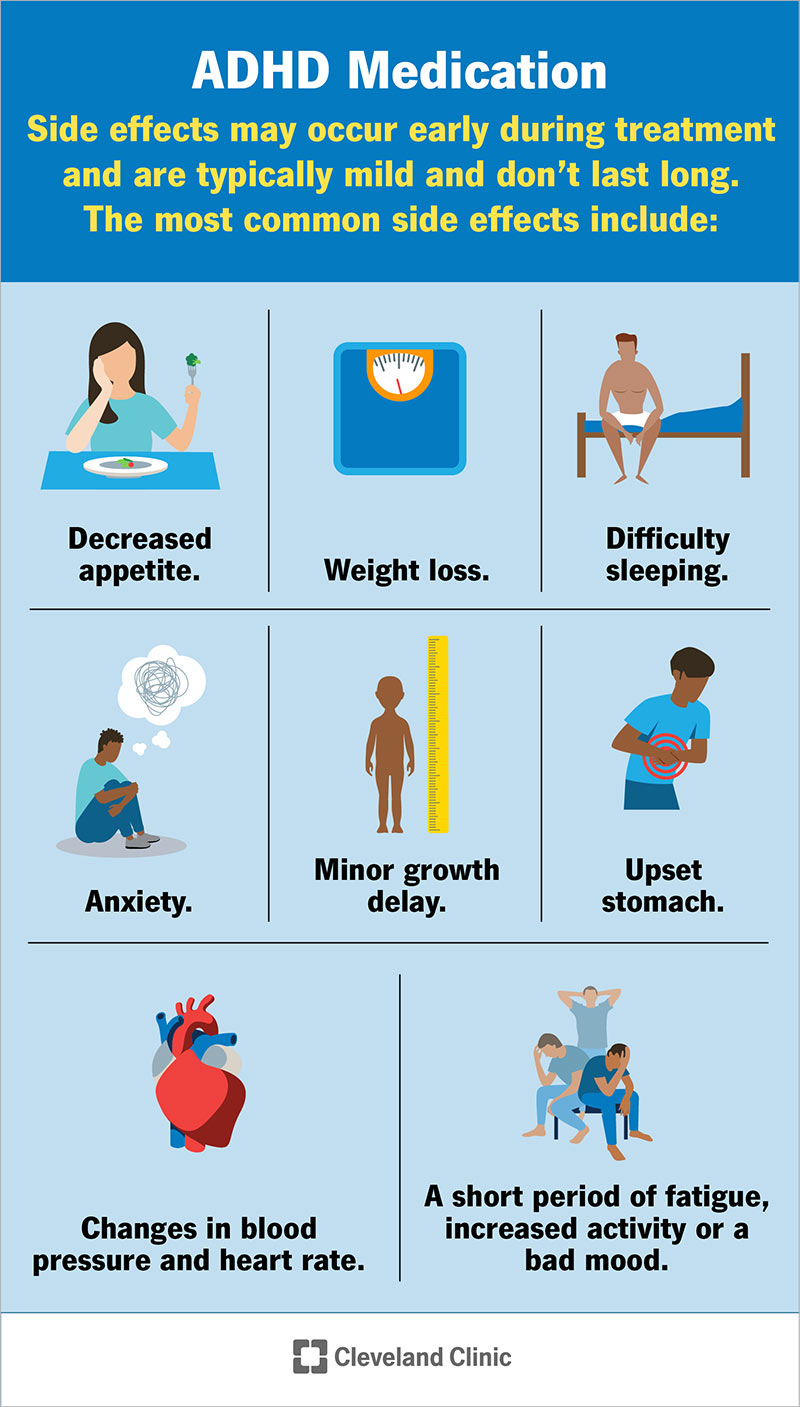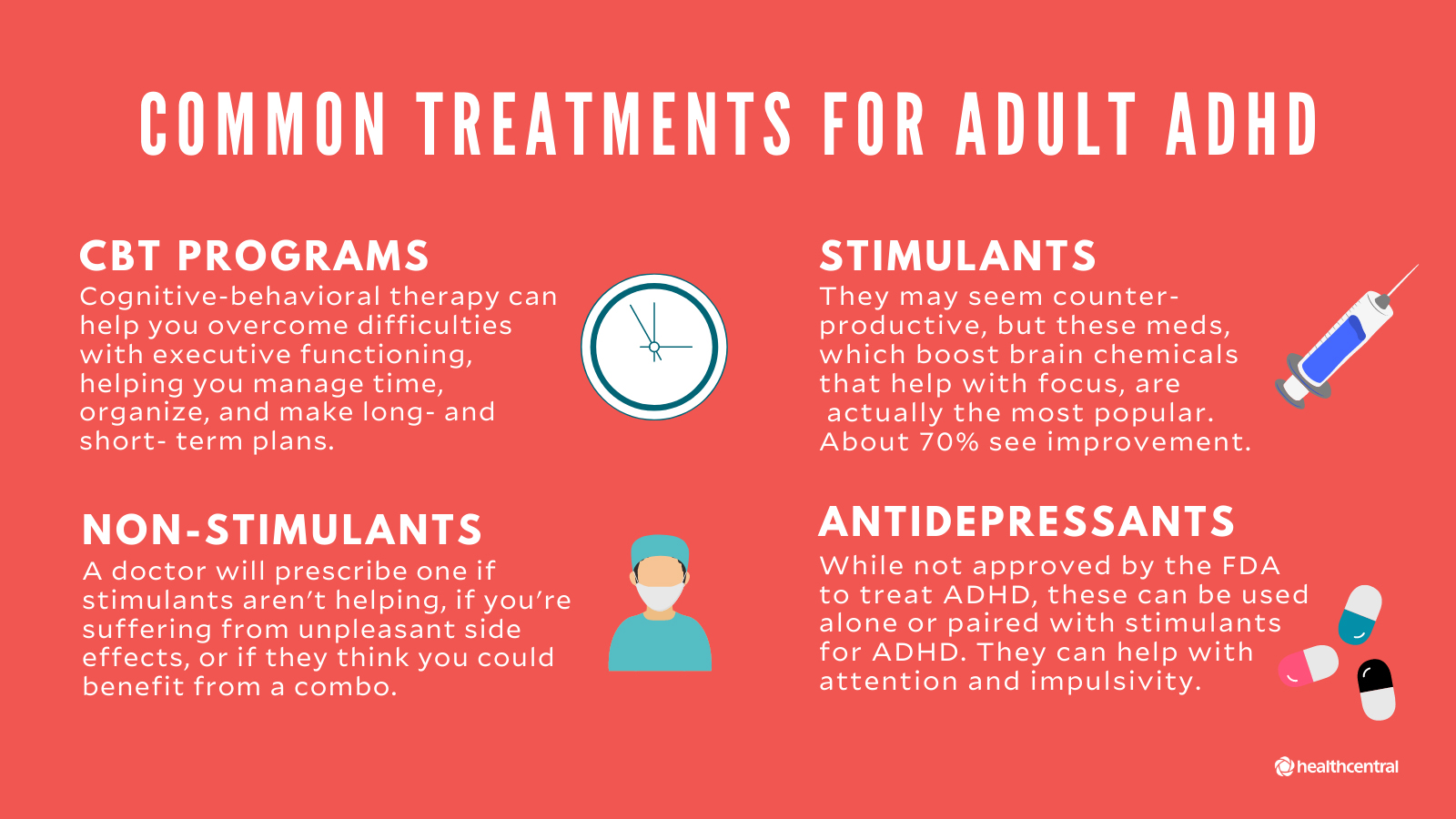ADHD Doctor Specializing in Effective Care Plans
Discovering Efficient ADHD Treatment Choices for All Ages
The complexities of Focus Deficiency Attention Deficit Disorder Condition (ADHD) present special obstacles across different age groups, necessitating a detailed expedition of reliable therapy choices. A combination of behavioral therapies, medicinal treatments, and way of living alterations has revealed pledge in resolving the diverse needs of people with ADHD. The efficiency of these strategies can differ substantially based on personal situations, elevating essential concerns concerning customized methods. As we analyze the range of therapy techniques available, it becomes vital to consider not just their prompt impacts but also their lasting ramifications for people and households.
Understanding ADHD and Its Effect
Attention-Deficit/Hyperactivity Disorder (ADHD) is a neurodevelopmental problem identified by relentless patterns of inattention, attention deficit disorder, and impulsivity that can substantially impact different elements of a person's life. It usually shows up in childhood, although signs can linger right into adulthood. The core signs of ADHD can interrupt educational efficiency, prevent social interactions, and make complex occupational undertakings.
Individuals with ADHD typically battle with preserving concentrate on jobs, organizing activities, and following up on guidelines, which can bring about scholastic underachievement (Depression Treatment). In social contexts, impulsivity may lead to problems in forming and maintaining partnerships, as individuals might disrupt conversations or make hasty choices without considering effects
The irregularity in sign presentation means that ADHD can influence individuals in different ways, requiring a personalized strategy to management. Comprehensive understanding of ADHD's nature and implications lays the foundation for exploring suitable therapy choices customized to each individual's demands.
Behavioral Therapies for ADHD
Many behavior modifications have actually been developed to successfully attend to the challenges connected with ADHD, concentrating on modifying certain habits and fostering essential abilities. Amongst the most recognized strategies are cognitive-behavioral therapy (CBT), parent training, and social abilities training.
CBT aids people determine and change negative thought patterns and habits, advertising a more favorable overview and improved self-regulation. This therapy usually includes functional techniques for taking care of impulsivity and enhancing organization. Parent training programs encourage caregivers by equipping them with techniques to strengthen positive actions and established regular boundaries, which can be specifically valuable for children with ADHD.
Social skills training is another essential component, training individuals with ADHD exactly how to connect effectively with peers - Depression Treatment. This technique usually involves role-playing and feedback to enhance communication, cooperation, and conflict resolution abilities
Including these behavior modifications into a comprehensive therapy strategy can dramatically enhance functioning and top quality of life for people with ADHD. Ultimately, the efficiency of these treatments depends on tailored strategies that consider the special needs of each individual, consequently fostering resilience and versatility in every day life.
Drug Options Available
For numerous people with ADHD, medication can play a substantial function in managing signs and symptoms and improving overall performance. The two key groups of medicines prescribed for ADHD are energizers and non-stimulants.
Stimulants, such as methylphenidate and amphetamine-based drugs, are one of the most generally made use of therapies. These medications function by raising the degrees of natural chemicals, specifically dopamine and norepinephrine, in the brain, which assists improve focus and decrease impulsivity and hyperactivity. They often generate rapid outcomes, making them a preferred advice choice for many people.

It is necessary for medical care companies to carry out a comprehensive assessment to identify one of the most ideal medication based upon individual needs, case history, and potential adverse effects. Regular follow-up and tracking are additionally essential to make sure the performance of the chosen therapy and to make any kind of essential adjustments.
Way Of Living Adjustments to Take Into Consideration
Taking care of ADHD effectively extends beyond medication, as lifestyle changes can considerably improve general well-being and signs and symptom control. Including organized routines is important; constant routines assist individuals with ADHD manage their time effectively and lower sensations of bewilder.
Routine exercise is another important component. Exercise not only aids to boost concentration but likewise improves mood and decreases stress and anxiety levels. Tasks such as yoga exercise or group sporting activities can be especially helpful, promoting both physical conditioning and social interaction.
Nutrition additionally plays an essential role. Depression Treatment. A balanced diet plan rich in omega-3 fats, entire grains, and lean healthy proteins can add to improved emphasis and cognitive function. Restricting sugar and refined foods is a good idea, as these can intensify attention deficit disorder and impulsivity
Sleep health is essential for handling ADHD signs and symptoms. Establishing a routine sleep routine and producing a relaxed setting can boost sleep quality, resulting in better focus and emotional policy.
Different and Alternative Methods
Different and alternative methods to ADHD treatment offer a varied range i thought about this of options that complement typical approaches. These techniques commonly concentrate on way of living alterations, dietary interventions, and restorative practices that aim to enhance general wellness while resolving ADHD symptoms.

Mindfulness and behavior treatments are likewise acquiring traction as holistic interventions. Practices such as yoga, reflection, and cognitive-behavioral treatment can cultivate self-regulation and improve interest. These approaches support psychological resilience, which is especially useful for individuals with ADHD.
Herbal supplements, such as ginkgo biloba and ginseng, are occasionally discovered; nonetheless, it is critical to consult health care professionals before including these right into treatment plans. While alternative and alternative methods can give valuable support, they need to ideally be used combined with evidence-based treatments to attain optimal results for handling ADHD throughout any ages.
Final Thought
In recap, effective ADHD therapy necessitates a comprehensive technique that consists of behavior treatments, drug, lifestyle modifications, and alternative techniques. This diverse approach underscores the relevance of personalized care in attending to the varied demands of people with ADHD throughout all age teams.